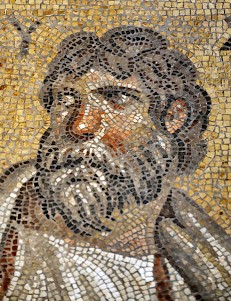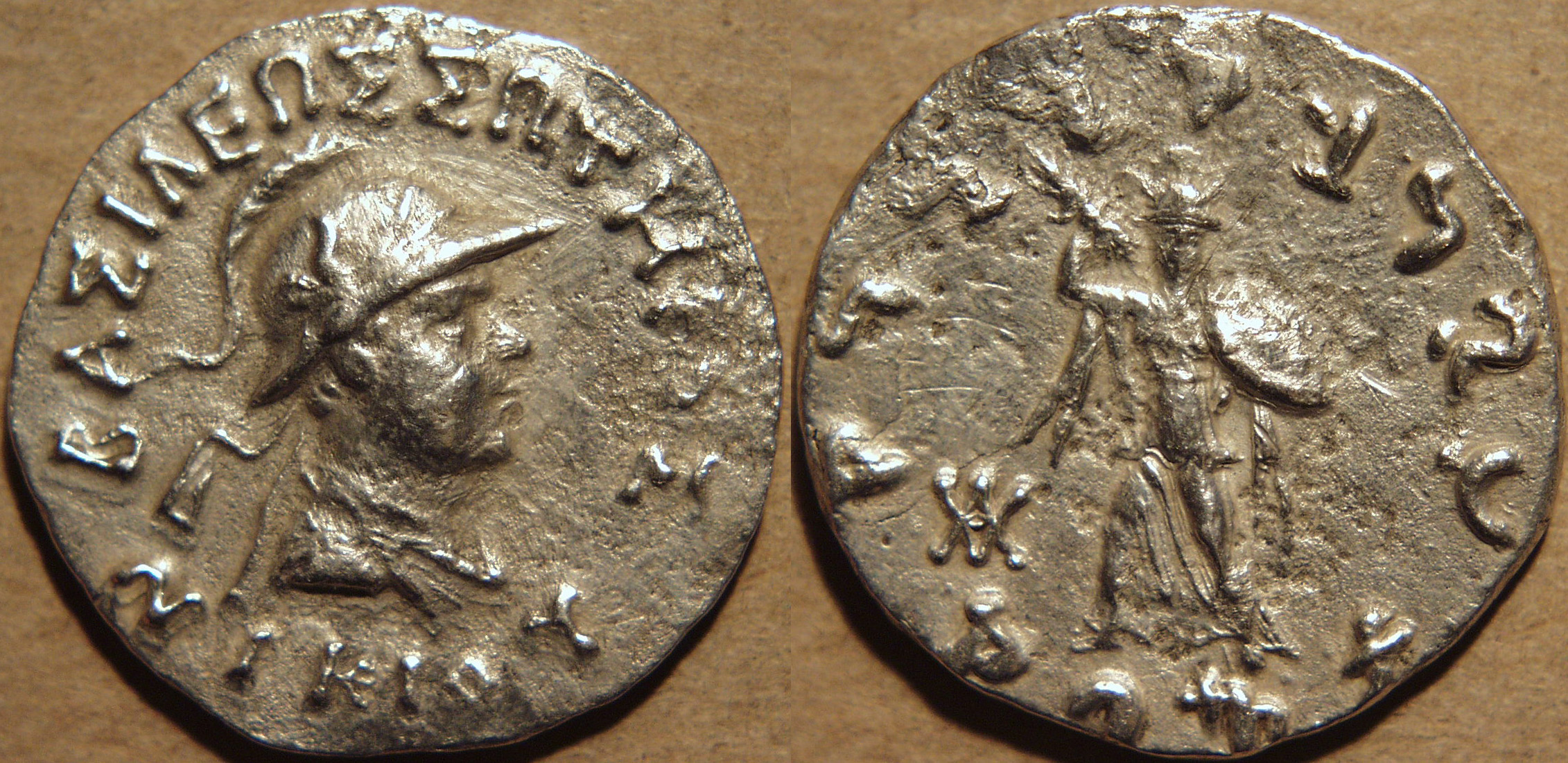

The division also manages membership services for more than 50 scholarly and professional associations and societies. The Journals Division publishes 85 journals in the arts and humanities, technology and medicine, higher education, history, political science, and library science.

The Press is home to the largest journal publication program of any U.S.-based university press. With regard to war and peace, the ancient Greeks entertained few of the illusions that govern twenty-first–century rhetoric and shape policy making as well.One of the largest publishers in the United States, the Johns Hopkins University Press combines traditional books and journals publishing units with cutting-edge service divisions that sustain diversity and independence among nonprofit, scholarly publishers, societies, and associations.

Peace making in antiquity was not the pious process that it pretends to be today. The fact that the Athenians and the Spartans set a term to the agreement, that they regarded it as a long-term truce and never even imagined that it would be a lasting peace, should occasion on our part a brief digression. It ended, if that is the proper word, ten years thereafter in the spring of 421 B.C., when ambassadors from Athens and Sparta met to swear an oath on behalf of their rival cities that for fifty years they would honor the terms of what came to be called the Peace of Nicias (5.17-20). The Archidamian War began in the spring of 431 B.C. Such was the experience of those who found themselves engaged in what is conventionally called the Archidamian War – the first stage in what Thucydides termed “the great war” that took place “between the Athenians and the Peloponnesians” (Thuc. The former, a single, willful party can ordinarily accomplish with ease to achieve the latter, it usually takes two. It is much easier to start a war than to end one.


 0 kommentar(er)
0 kommentar(er)
